Results
-
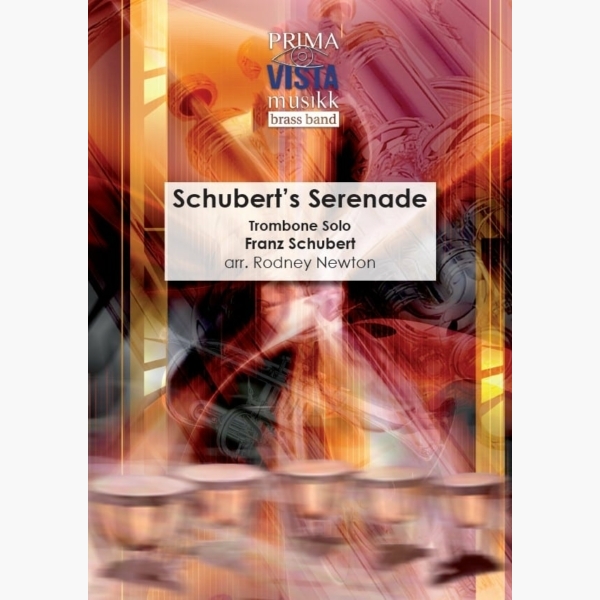 £24.95
£24.95Schubert's Serenade - Franz Schubert - Rodney Newton
Franz Schubert (1797-1828) was a highly prolific writer of songs, having composed around 144 of them at the time of his death. Indeed, it is said that he even wrote one of them on the tablecloth at a Viennese restaurant...
Estimated dispatch 5-7 working days
-
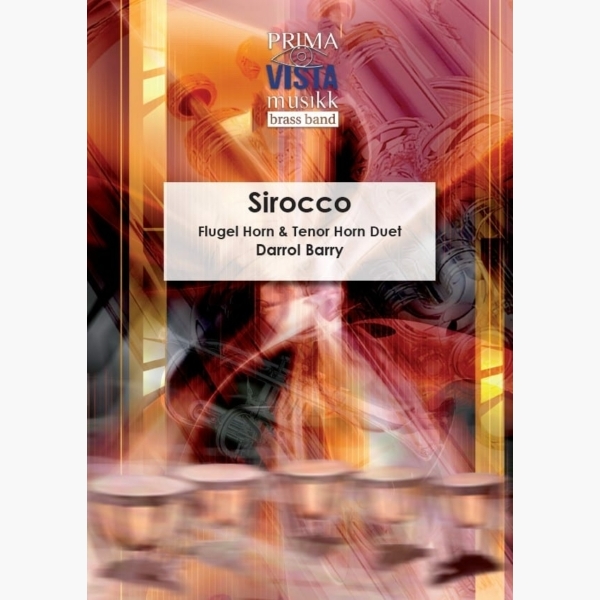 £29.95
£29.95Sirocco - Darrol Barry
Published posthumously, Sirocco is a lively duet for Flugel Horn and Tenor Horn. Cast in ternary form, and consisting of rhythmic Brioso outer sections and a contrasting bluesy central section, the piece takes its name from the Mediterranean wind that...
Estimated dispatch 5-7 working days
-
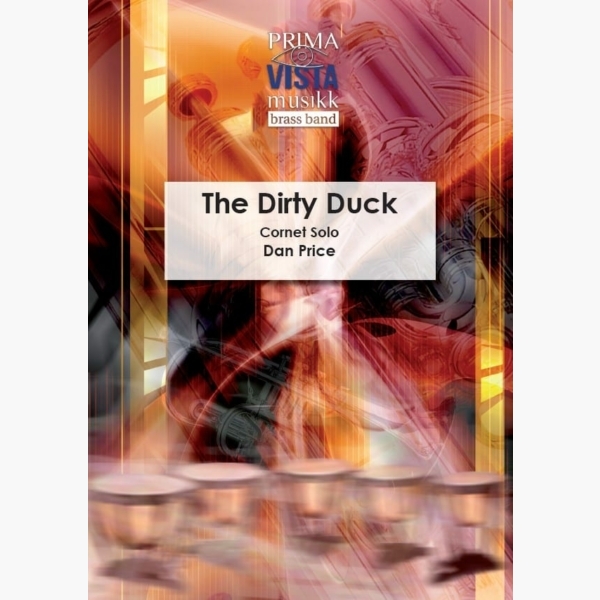 £24.95
£24.95The Dirty Duck - Dan Price
Tom Hutchinson commissioned a cornet solo from up-and-coming composer Dan Price in 2009 to mark the beginning of his tenure as principal cornet with the Cory Band. Tom was looking for a solo that was virtuosic in content with jazz...
Estimated dispatch 5-7 working days
-
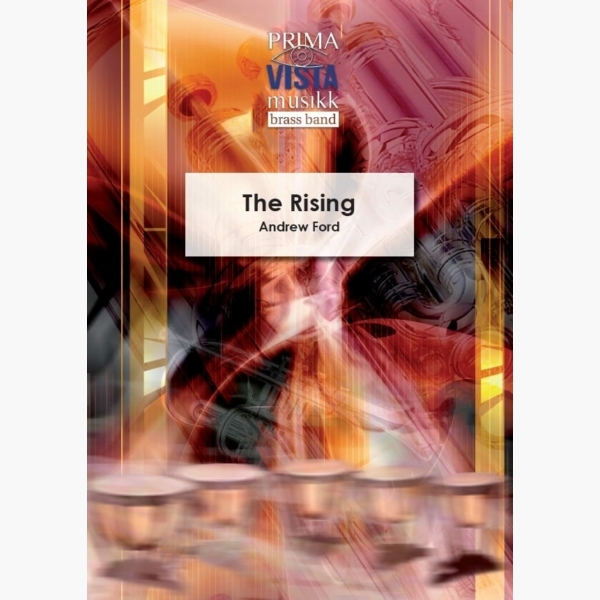 £34.95
£34.95The Rising - Andrew Ford
To human beings, bushfires are terrifying and often deadly events. But to the Australian bush, they bring the prospect of regeneration. After the conflagration, comes peace. It is often only a few days after the fire that the first shoots...
Estimated dispatch 5-7 working days
-
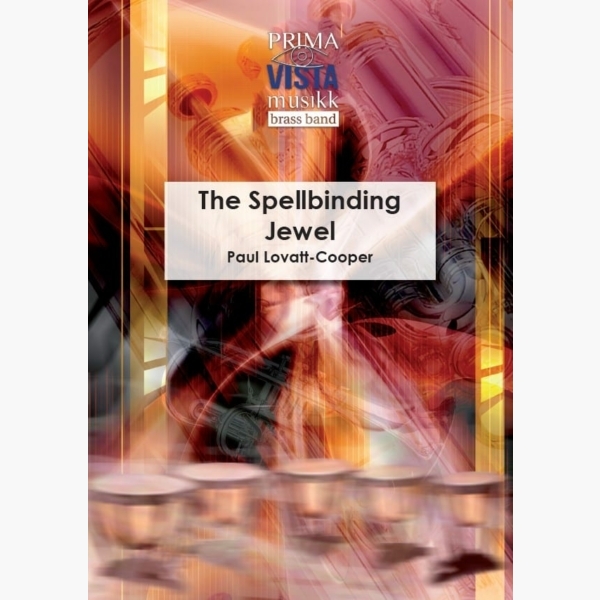 £24.95
£24.95The Spellbinding Jewel - Paul Lovatt-Cooper
This solo is in rondo form and written in a style which will appeal to both performer and listener. The first section is full of colour and vibrancy and has a rhythmic modern jazz feel that shows off the technical...
Estimated dispatch 5-7 working days
-
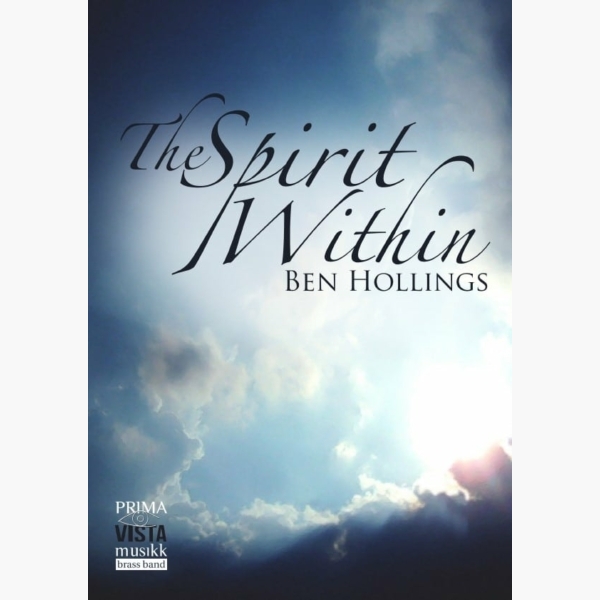 £24.95
£24.95The Spirit Within - Ben Hollings
The Spirit Within is meant to represent the human spirit and the capabilities of human emotion, which is portrayed through the harmony in the piece. The harmonic language is the focal point that plays on the relationship between major and...
Estimated dispatch 5-7 working days
-
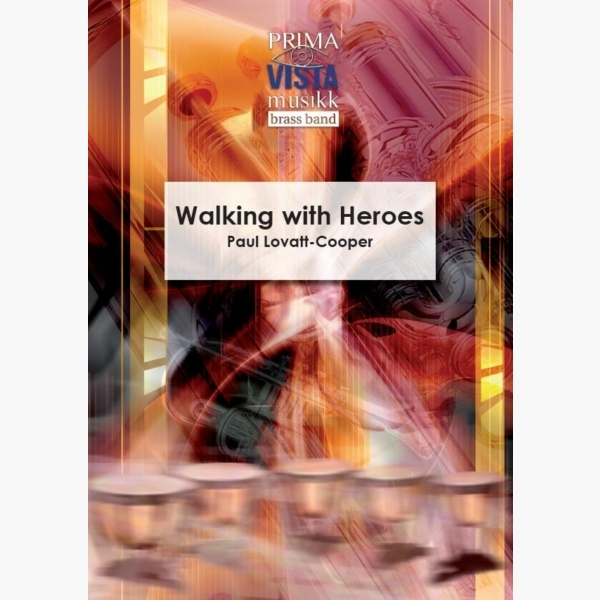 £34.95
£34.95Walking With Heroes - Paul Lovatt-Cooper
The idea behind the title is that as humans we remember great people living and passed who have touched our lives and have made a big impact on how we lead our lives: people like our loved ones, family members,...
Estimated dispatch 5-7 working days
-
 £64.95
£64.95Waterfront Sketches - Alan Fernie
Waterfront Sketches was commissioned by the National Children's Band of Great Britain and premiered by them at Repton School in July 2016. The composer was asked to write a work reflecting the four nations that make up the United Kingdom...
Estimated dispatch 5-7 working days
-
£29.95
WAR CRY (Brass Band Set) - Dorothy Gates
This work was written as the opener for the New York Staff Band's 125th anniversary concert in Carnegie Hall in March 2012. Based on the song, 'Ever is the war cry'. the music is quite militant in nature which is a direct reflection of the text. While the composer pays homage to the past in this fitting salute, the overall musical style is decidedly that of the 21st century.
Estimated dispatch 7-14 working days
-
£44.95
FUSION (Brass Band Set) - Martin Cordner
Fusion seeks to capture the sense of celebration that arises when a believer arrives in Heaven and is finally joined in eternal fellowship with God. In depicting this event, the work links the tune, 'Brantwood' (I know thee who thou art') with Chris Rice's contemporary hymn, 'Come to Jesus'.
Estimated dispatch 7-14 working days
